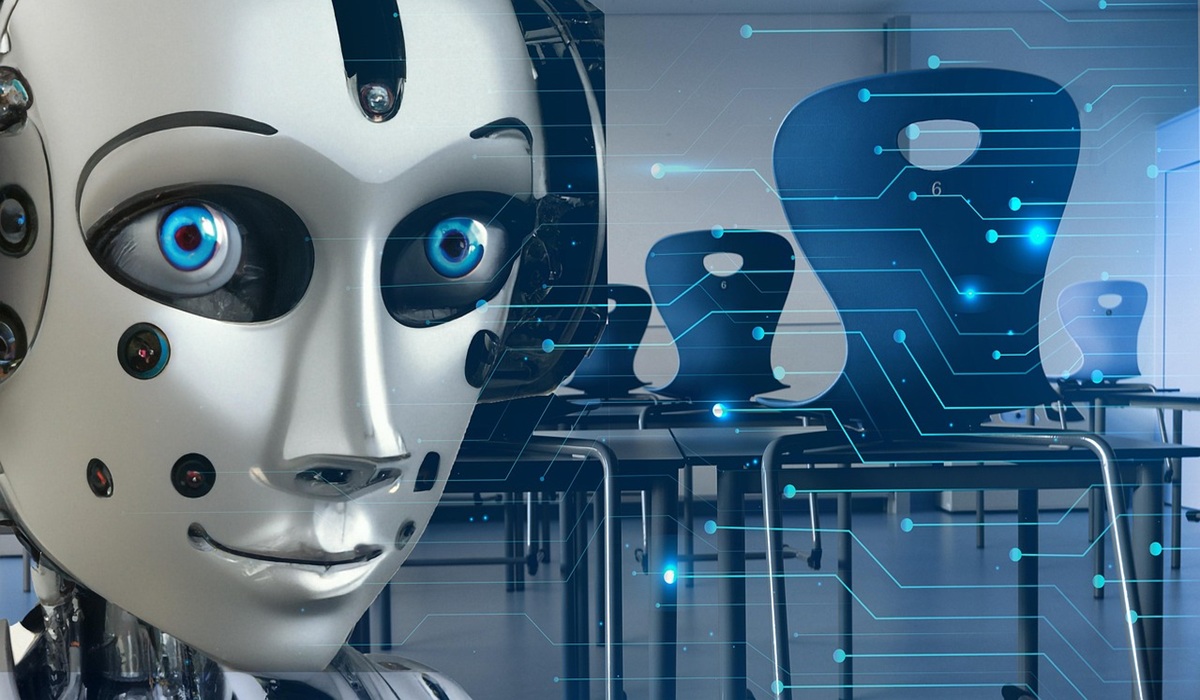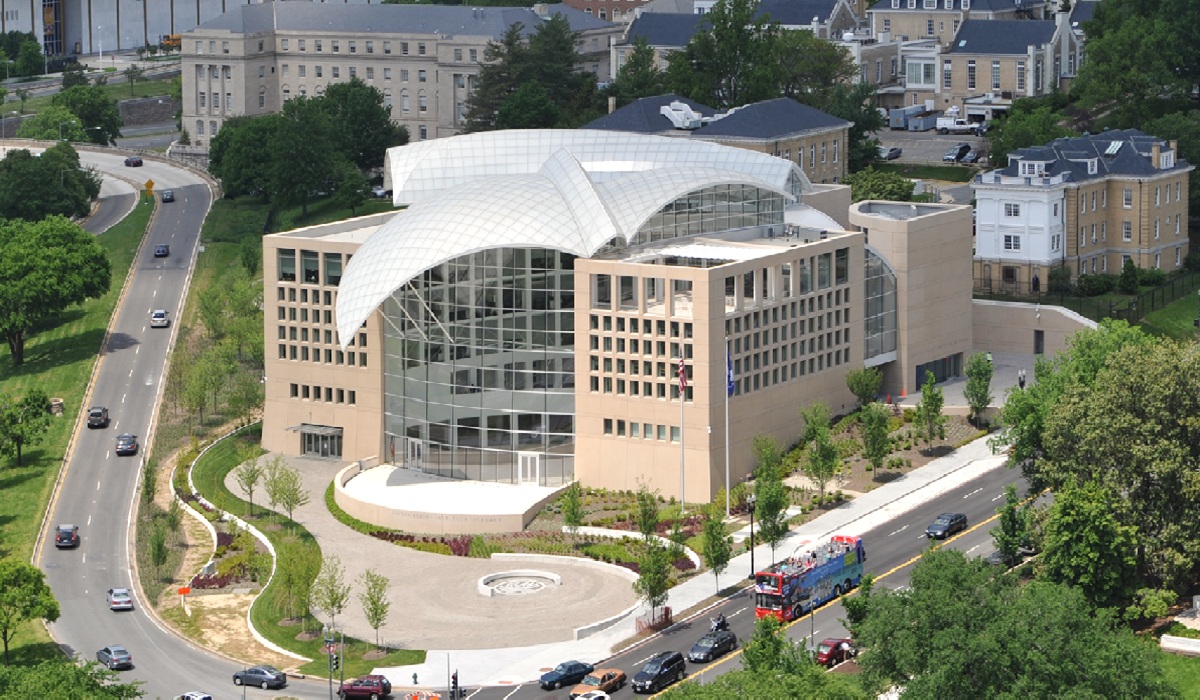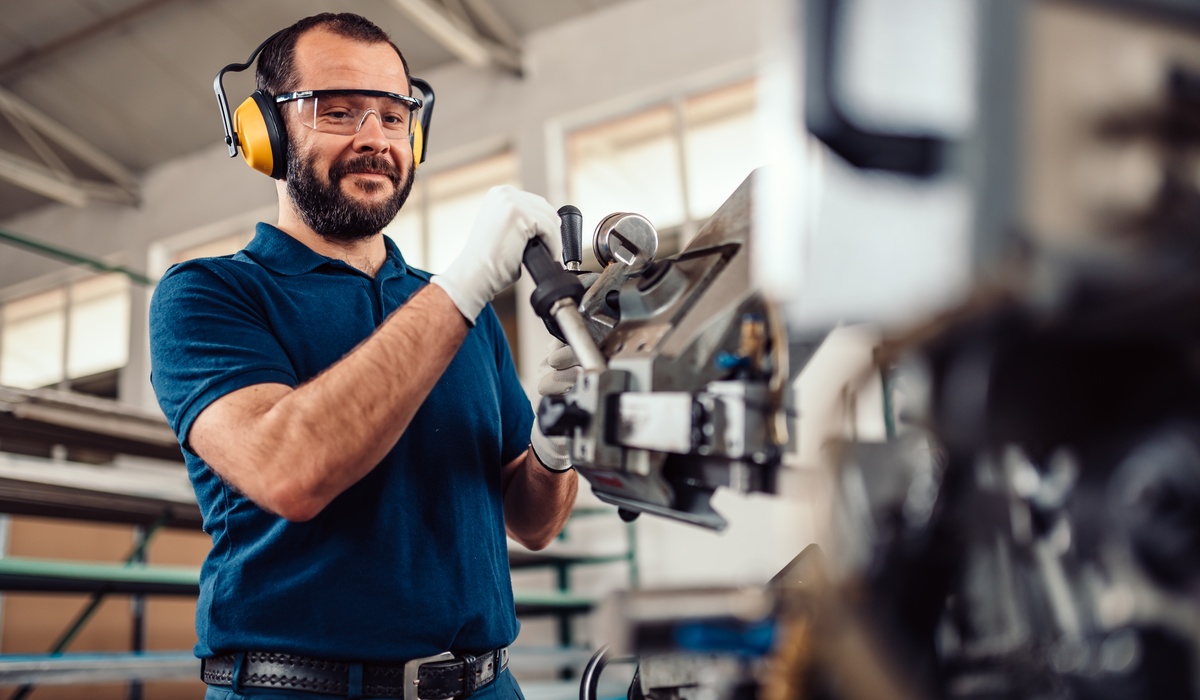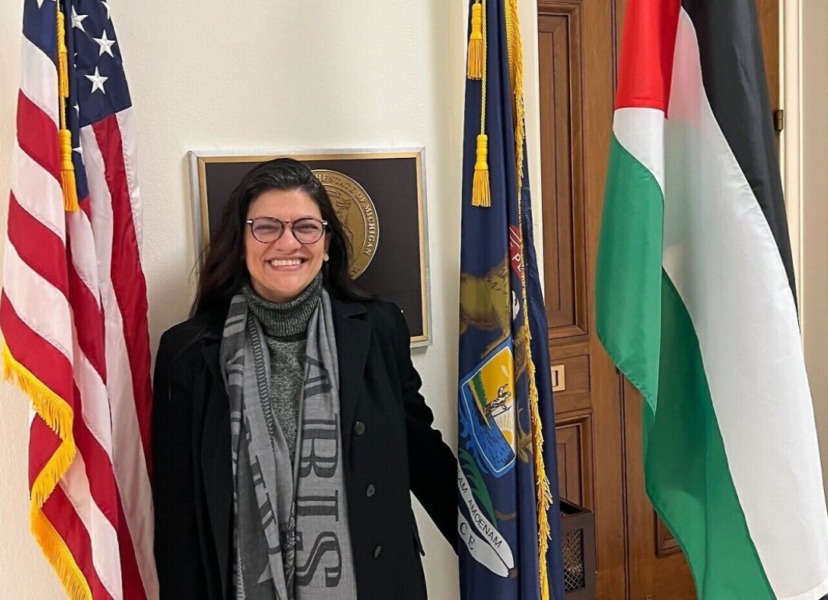Alpha: The School That Might Have Cracked the Code to Modern Education
- Ingrid Jones
- Business
- Technology
- U.S.A
- October 22, 2025

Image Credit: Alexandra_Koch
For decades, educators, parents, and students alike have voiced their frustrations with the traditional school model—long hours, rigid classrooms, standardized tests, and a curriculum that too often feels detached from the real world. The sentiment is almost universal: we know the system is broken, yet we keep teaching the same way. But now, a new school called Alpha might have found the formula to fix it.
“What if your child could crush academics in just 2 hours and spend the rest of their day unlocking limitless potential?” That’s not an abstract slogan—it’s a direct quote from Alpha’s website, and the core of its radical new approach. Alpha’s model challenges one of the most sacred assumptions of modern education: that learning requires sitting still for six or more hours a day. Instead, the school’s “2-Hour Learning” system leverages AI technology to provide personalized one-on-one instruction for each student, compressing what used to take a full day into a focused, tailored two-hour session.
The idea is revolutionary yet disarmingly simple. With the help of artificial intelligence, Alpha identifies how each student learns best—whether through visual models, problem-solving, or creative exploration—and delivers content at their pace, not the teacher’s or the classroom’s average. Mastery replaces memorization. Efficiency replaces endurance. The remaining hours of the school day aren’t wasted—they’re repurposed for what Alpha calls “passion-based learning.” Students spend afternoons in workshops that teach real-world skills: coding, entrepreneurship, design, robotics, communication, and more.
It’s a vision of education that feels both futuristic and overdue. For decades, critics have warned that the industrial model of schooling—created in the 19th century to train factory workers—has failed to evolve for the digital age. Alpha’s founders clearly listened. Their philosophy is rooted in a single truth: kids don’t need more time in school; they need better use of their time in school.
“The truth is clear,” Alpha declares. “Your kids can accomplish twice as much if they’re not sitting in a one-size-fits-all classroom for 6 hours. Alpha students are limitless, and we’ve built a limitless environment that unlocks their potential.” That bold statement isn’t just marketing—it’s an indictment of the status quo.
Consider what this model could mean for society if adopted more widely. Parents constantly lament homework battles, burnout, and the stress of balancing family life with rigid school demands. Teachers, stretched thin and often underpaid, struggle to give individualized attention to classes of 25 or more students. Students, meanwhile, are told to conform—to fit into a system designed for uniformity, not individuality. Alpha flips that paradigm on its head.
By integrating AI as the primary learning engine, education could finally evolve into something personal, dynamic, and humane. Imagine a classroom where a student struggling with algebra gets real-time assistance tailored to their comprehension level, while another who excels moves on without waiting for the rest of the class. Imagine the hours saved each day being used for creative pursuits, physical activity, or even rest—things long known to improve mental health and cognitive performance but rarely prioritized in modern education.
So why aren’t traditional schools adapting? The short answer: inertia. Education systems are massive bureaucracies, deeply resistant to change. Teachers often lack access to cutting-edge tools, and policymakers are slow to approve experimental approaches. There’s also fear—fear that AI could replace teachers rather than empower them. But Alpha’s model demonstrates the opposite: that technology, when implemented wisely, enhances human potential instead of erasing it.
There’s also a cultural component. For generations, parents have equated longer hours with greater discipline and academic rigor. The notion that “less can be more” in education challenges deep-seated beliefs about what learning should look like. Alpha’s success will depend on convincing skeptics that their approach doesn’t just make education faster—it makes it better.
If early results hold true, the implications extend far beyond academics. A system that nurtures curiosity and self-direction could produce not just smarter students, but happier, more adaptable adults. In an age where automation threatens traditional jobs, creativity, collaboration, and critical thinking will define the future workforce. These are precisely the qualities Alpha’s model aims to cultivate.
Alpha’s rise poses an uncomfortable but necessary question: if one school can completely reimagine learning using AI and personalization, what excuse do the rest of us have for staying stuck in the past?
In many ways, Alpha represents not just a new school, but a new social contract—one where education aligns with the realities of the 21st century rather than clinging to the habits of the 19th. It’s a reminder that children are not assembly-line products but limitless thinkers, and that time—the one resource schools never seem to have enough of—can be redefined through innovation.
Whether Alpha’s approach becomes the blueprint for global education or remains an inspiring experiment, it has already achieved something monumental: it’s forced us to ask, “Why not?”
If AI can write essays, create art, and diagnose diseases, surely it can also help us teach better. The question is no longer whether education is ready for AI—the question is whether society is ready to let go of the old ways and finally embrace the future of learning.








